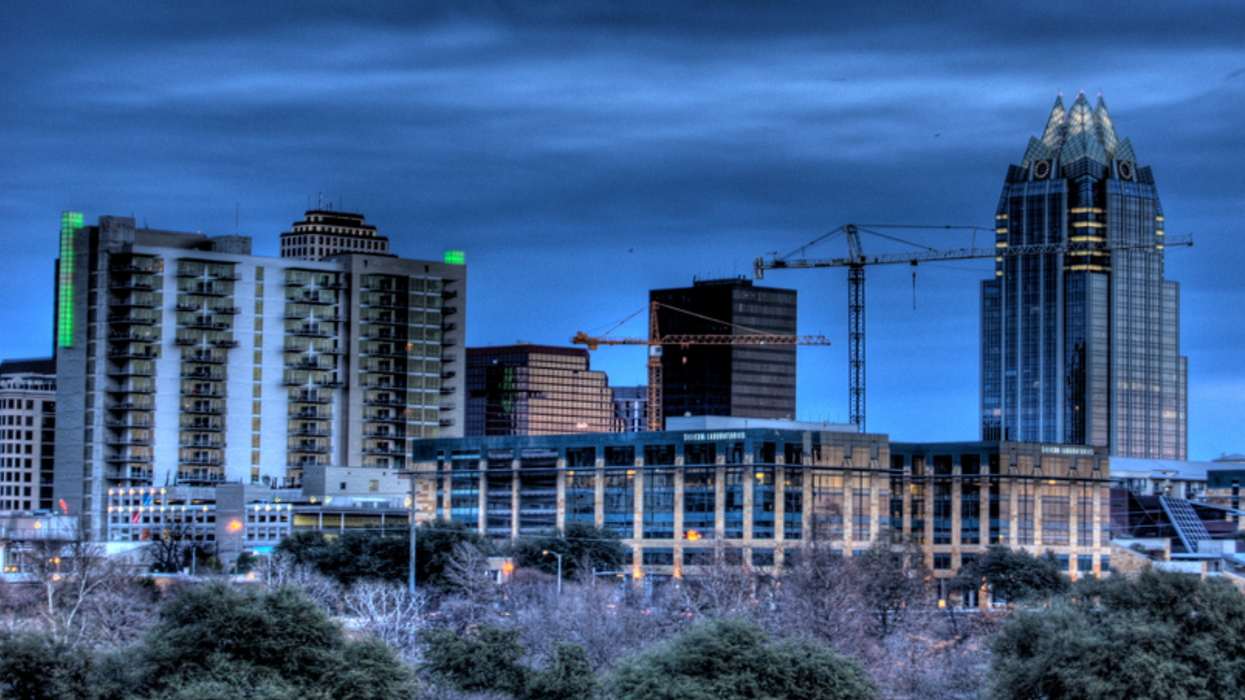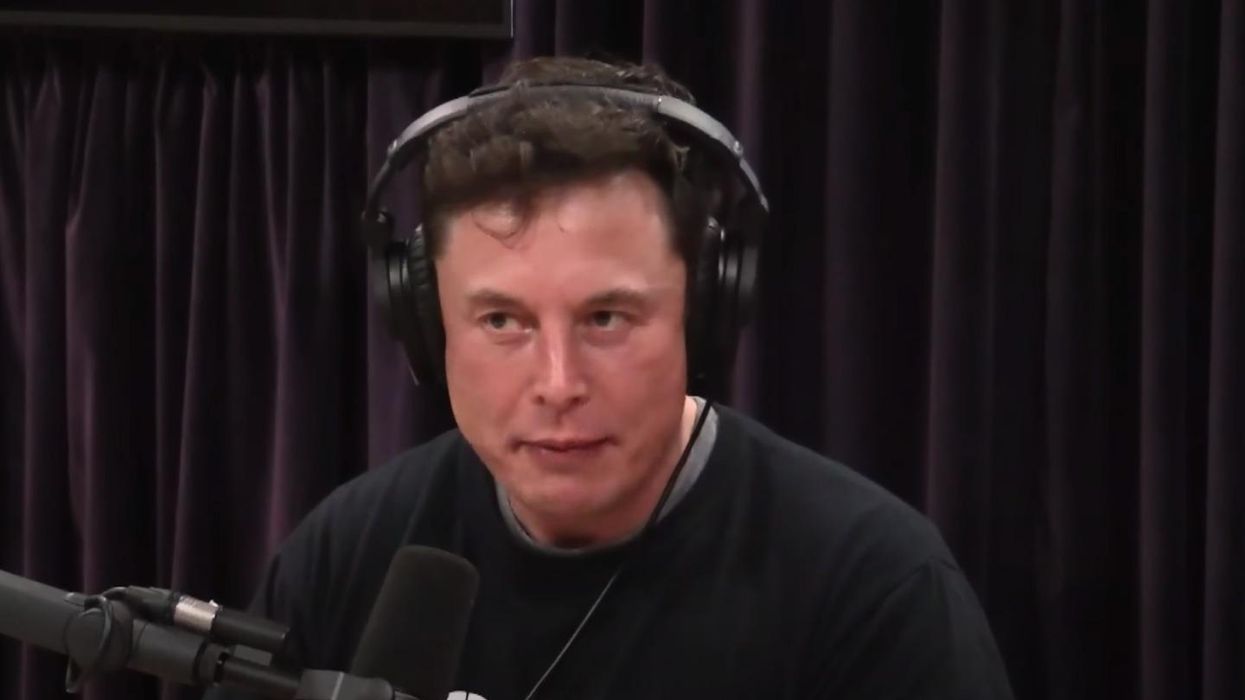Best-Selling, Liberal-Bashing 'Abundance' Is Abundantly Clueless
The hot-selling book Abundance is written by liberals who bash liberals, or more precisely, try to make them feel guilty. Sure, authors Ezra Klein and Derek Thompson shed some blame on conservatives for why America doesn't build as easily as it used to. But it's those liberals in expensive cities, the authors insist, who are callously driving less-than-rich families to move elsewhere.
Klein and Thompson argue that Democrat-run "superstar" cities have failed to provide enough affordable housing because of all their building rules and regulations and pesky zoning ordinances that make it harder to build. The chief culprits are San Francisco, Los Angeles, Boston and, as always, New York City. The comparisons made against them are ludicrous.
A sample complaint: "The Austin metro area led the nation in housing permits in 2022, permitting 18 new homes for every thousand residents. Los Angeles's and San Francisco's metro areas permitted only 2.5 units per thousand residents."
Where do we start? Let's start with the not-insignificant matter of buildable land. The population density of San Francisco is five times that of Austin. Even sprawling Los Angeles has nearly three times as many people per square mile as Austin does.
Another sampling: Houston "is not facing the crises of homelessness and housing affordability seen in the superstar cities of many blue states." Why? In 2023, the Boston metro area issued 10,500 new housing permits, while Houston issued almost 70,000.
Boston has nearly four times the number of people per square mile as Houston. And Boston Harbor borders a big, blue-gray body of water. The land to its east is Portugal. Of course, buying and building in Boston is harder to do — and more expensive.
Really, all the so-called superstar cities getting roasted in Abundance — San Francisco, New York, Boston, Los Angeles — are bounded by water whereas Austin and Houston can easily expand into open country. The authors speak a lot about "bottlenecks" impeding progress. I'd say that the Pacific Ocean is a significant bottleneck to Los Angeles building out. Wouldn't you?
Houston has no zoning laws, so you can put almost anything anywhere. That's the Houston way. (This dynamic metropolis might rightly bristle being left out of the list of superstar cities.) Urban Texas has some fine old neighborhoods that locals treasure, but there's a lot more history to protect in the older cities.
Let Houston be Houston, Boston be Boston and LA be unlike either.
This is a big country. The four ultra-costly superstar cities combined take up a minuscule 0.025% of the total U.S. landmass. Let's not insult the thousands of smaller cities and towns by portraying the glitzy coastal metros as the only places where opportunity beckons. Fortunes can be made anywhere. Silicon Valley was almost all fruit orchards into the 1950s.
A needed update: Austin's heralded building boom is over for now. Austin's growth, fueled by the pandemic, now limps along with sky-high office and apartment vacancy rates.
Klein and Thompson speak in that confident wonky voice, arms outstretched with futurama visions of shared prosperity. If only Americans, Democrats especially, would get out of the way.
"Democrats cannot simultaneously claim to be the party of middle-class families while presiding over the parts of the country they are leaving." They predictably single out liberal California, noting "California's most populous cities are run by Democrats."
As it happens, Democrats also preside over Austin, Houston, Dallas, and San Antonio.
Abundance operates on the assumption that liberals can be shamed for wanting to preserve landmarks, intimate Main Streets and tenements with old shops at the bottom. Pass the guilt by. Liberals, joined by their conservative neighbors, have every right to slow down the bulldozers.
Froma Harrop is an award winning journalist who covers politics, economics and culture.She has worked on the Reuters business desk, edited economics reports for The New York Times News Service and served on the Providence Journal editorial board.
Reprinted with permission from Creators.












